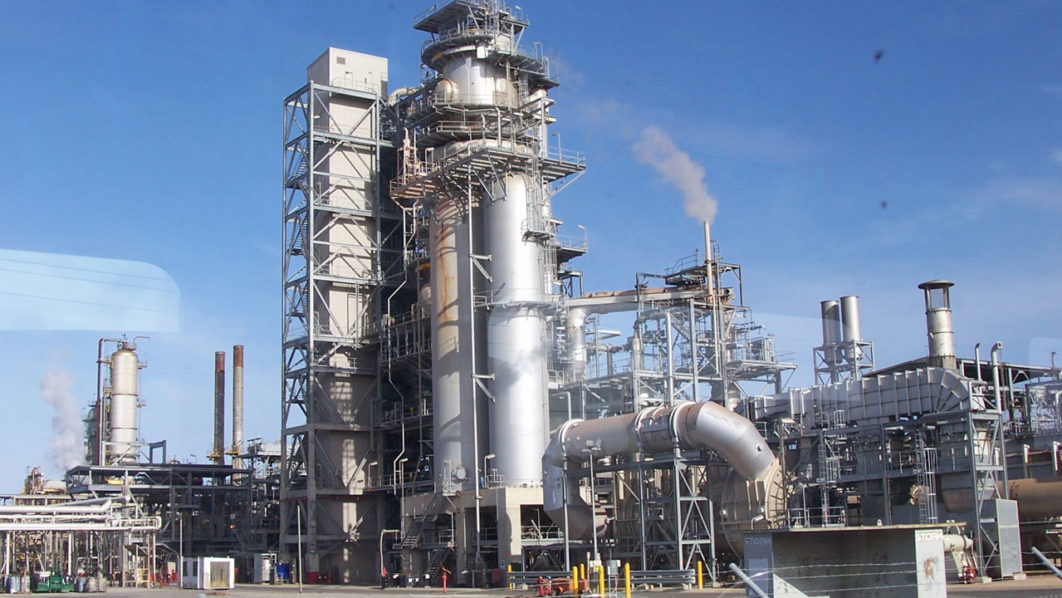The African Refiners and Distributors Association (ARDA), in partnership with the African Union, has announced plans to standardize petrol grades across Africa by 2030 to improve public health and energy security.
This pledge was made public by ARDA’s Executive Secretary, Mr. Anibor Kragha, during the CEO Strategic Session 1: ‘Market Outlook for Petrochemicals and Refineries of the Future’ at the recently concluded 24th World Petroleum Congress in Calgary, Canada.
According to Kragha, the continent currently grapples with various grades of diesel and gasoline, some with high levels of pollutants. “In Africa, we have 11 different grades of diesel or gas oil ranging from 10 ppm to 10,000 ppm. For gasoline, we have 12 different grades ranging from 10 ppm to 2,500 ppm. Our initiative aims to have a single 10 ppm grade by 2030 across Africa,” Kragha stated.
The move aims not only to create uniformity in petroleum products but also to promote cleaner energy solutions across the continent. In light of ongoing global crises like the Russia-Ukraine conflict, Kragha emphasized that although Africa is not directly impacted, the focus should be on maximizing African crude oil in African refineries for energy security.
In a related issue, Kragha acknowledged the low refining capacity that has compelled massive imports, straining the foreign exchange reserves of African countries. ARDA continues to advocate for increased investments in refining capacity to meet the continent’s rising demand for cleaner fuels.
“Last week, ARDA delivered the Keynote address at the Angola Oil and Gas 2023 conference, which highlighted Angola’s drive to increase its refining capacity from 65,000 barrels per day to 425,000 by 2027,” said Kragha.
Further buttressing the optimism for Africa’s refining future, Kragha pointed to projects like the 650,000 BPD Dangote refinery in Nigeria and initiatives by other ARDA members across the continent.
Despite accounting for only 2.73% of global cumulative CO2 emissions, compared to the EU’s 33% and North America’s 29%, Kragha argued that Africa needs a just and equitable downstream energy transition plan focusing on cleaner transport and cooking fuels in the near term.
ARDA, he said, is in the process of developing a decade-by-decade African Downstream Energy Transition Plan from 2030 to 2050. This plan aims to meet Africa’s specific energy requirements while balancing the continent’s energy security needs.
As Africa grapples with energy security, public health, and a fair transition to cleaner fuels, ARDA’s initiative could be a cornerstone in the continent’s broader plan to tackle these challenges head-on.



